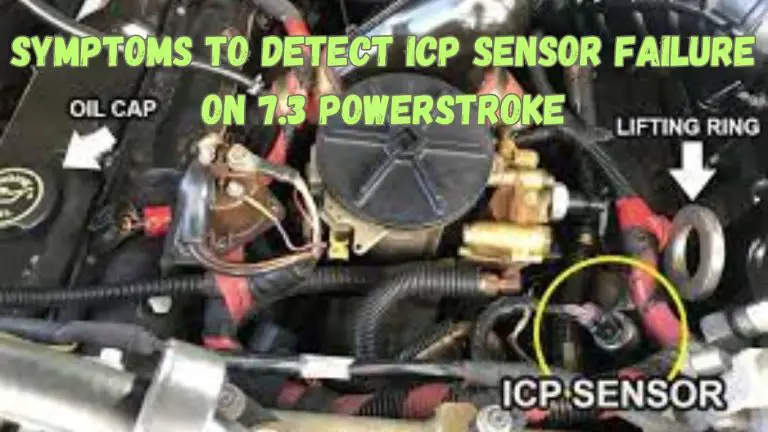Symptoms of a Bad Clutch Slave Cylinder
When it comes to your vehicle’s clutch system, the clutch slave cylinder plays a crucial role in ensuring smooth gear shifting and overall performance. The clutch slave cylinder is a component of the hydraulic clutch system and is responsible for disengaging the clutch when you press the clutch pedal. However, like any other automotive part, the clutch slave cylinder is prone to wear and tear over time. It’s important to be aware of the symptoms of a bad clutch slave cylinder so that you can address any issues promptly and avoid more extensive damage to your vehicle’s clutch system.
1. Difficulty in Shifting Gears
One of the most common signs of a failing clutch slave cylinder is difficulty in shifting gears. If you notice that it’s becoming increasingly challenging to shift gears, especially when the vehicle is at a standstill, it could be an indication that the clutch slave cylinder is not functioning properly. This issue may manifest as grinding or resistance when attempting to shift gears, and it’s essential to have the clutch system inspected by a professional mechanic to diagnose the problem accurately.
2. Low or Spongy Clutch Pedal
A noticeable change in the feel of the clutch pedal can also point to a potential problem with the clutch slave cylinder. If you experience a low or spongy clutch pedal, where the pedal feels soft or sinks to the floor with minimal resistance, it could signal a leak in the hydraulic system or a failing clutch slave cylinder. In some cases, air or hydraulic fluid leaks can occur, causing a loss of pressure in the clutch system and affecting the proper operation of the clutch slave cylinder.

Credit: www.youtube.com
3. Fluid Leaks
Inspecting the area around the clutch slave cylinder for any signs of fluid leaks is crucial in identifying potential issues. The clutch slave cylinder relies on hydraulic fluid to transmit force and movement, and any leaks can lead to a loss of hydraulic pressure, causing problems with clutch engagement. Look for any wetness or dampness around the clutch slave cylinder or the hydraulic lines connected to it. Stains or puddles of hydraulic fluid under the vehicle are a clear indication of a leak that needs to be addressed promptly.
4. Unusual Noises
A failing clutch slave cylinder may produce unusual noises when the clutch pedal is depressed. You might hear squealing, grinding, or chirping noises coming from the clutch area, indicating possible issues with the clutch slave cylinder or other related components. These noises can be caused by a lack of proper hydraulic pressure, worn-out internal seals, or metal-to-metal contact within the clutch system. Ignoring such noises can lead to further damage and costly repairs, so it’s important to have the vehicle inspected as soon as these sounds become apparent.
5. Inability to Disengage the Clutch
If the clutch slave cylinder fails completely, it can result in the inability to disengage the clutch altogether. This means that even when you press the clutch pedal, the clutch may remain engaged, making it difficult to shift gears or bring the vehicle to a stop without stalling. This is a serious safety concern and requires immediate attention to prevent potential accidents or further damage to the transmission and clutch components.
Frequently Asked Questions Of Symptoms Of A Bad Clutch Slave Cylinder
What Are The Common Symptoms Of A Bad Clutch Slave Cylinder?
Common symptoms include difficulty shifting gears, low clutch pedal resistance, and fluid leakage.
How Do I Know If My Clutch Slave Cylinder Needs To Be Replaced?
Look for signs such as a spongy or soft clutch pedal, clutch dragging, or complete loss of clutch function.
Why Is It Important To Address A Bad Clutch Slave Cylinder Promptly?
Ignoring the issue can lead to further damage, potential loss of control, and increased repair costs.
Can A Bad Clutch Slave Cylinder Lead To Transmission Problems?
Yes, continued use of a faulty clutch slave cylinder can cause grinding gears, gear slippage, and eventual transmission failure.
Conclusion
As a vital part of the hydraulic clutch system, the clutch slave cylinder plays a crucial role in ensuring smooth and efficient gear shifting in your vehicle. Being attentive to the warning signs of a failing clutch slave cylinder can help you avoid unexpected breakdowns and costly repairs. If you experience any of the aforementioned symptoms, it’s advisable to have a qualified mechanic inspect and diagnose the issue to determine whether the clutch slave cylinder needs to be repaired or replaced.
Regular maintenance and prompt attention to clutch-related issues can extend the lifespan of your vehicle’s clutch system and contribute to a safer and more enjoyable driving experience.



